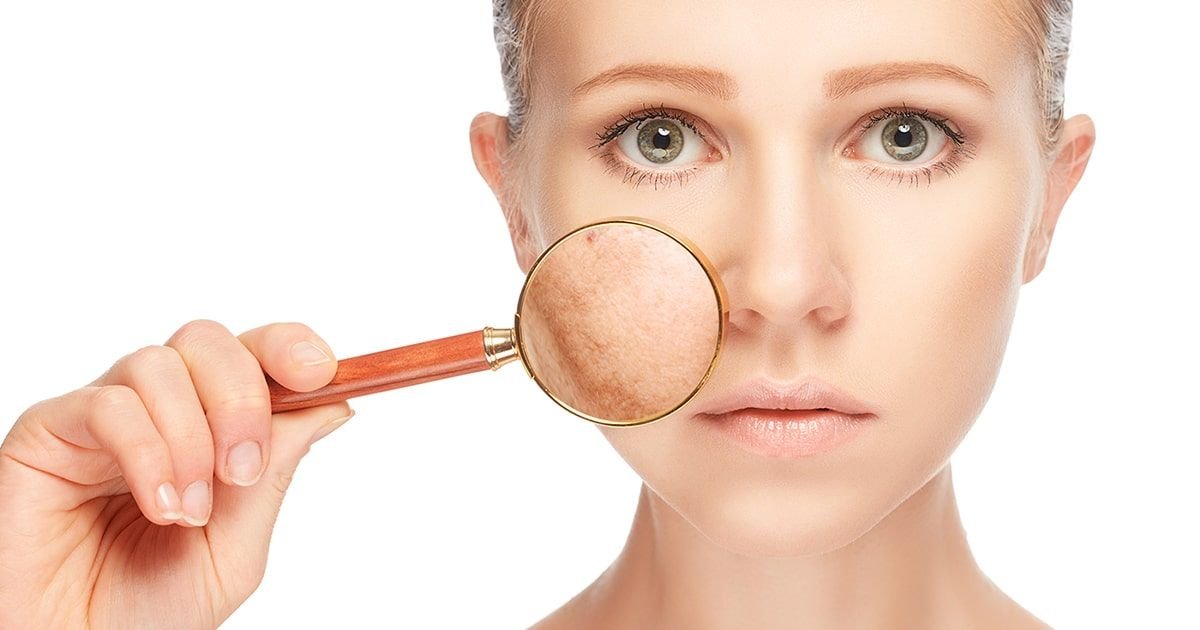Your cart is currently empty!

Best Skin Care Tips

Taking care of your skin is essential for maintaining its health and vitality. With so many skincare products and routines available, it can be overwhelming to know where to start. However, incorporating simple yet effective skincare tips into your daily routine can make a significant difference in the appearance and health of your skin.
Cleanse Your Skin Regularly
One of the most fundamental steps in skincare is cleansing your skin regularly. Cleansing helps remove dirt, oil, and impurities that can accumulate on the skin’s surface throughout the day. It’s essential to choose a gentle cleanser suitable for your skin type to avoid stripping away natural oils and causing irritation.
Moisturize Daily
Moisturizing is key to keeping your skin hydrated and supple. Regardless of your skin type, moisturizer helps maintain the skin’s moisture barrier, preventing dryness and irritation. Opt for a moisturizer that suits your skin type, whether it’s dry, oily, or combination, and apply it twice daily for best results.
Use Sunscreen
Protecting your skin from the sun’s harmful UV rays is crucial for preventing premature aging and reducing the risk of skin cancer. Make sunscreen a non-negotiable part of your daily skincare routine by choosing a broad-spectrum sunscreen with SPF 30 or higher. Apply it generously to all exposed skin, even on cloudy days.
Stay Hydrated
Proper hydration is essential for healthy skin from the inside out. Drinking an adequate amount of water helps maintain the skin’s moisture levels, plumping up the skin and reducing the appearance of fine lines and wrinkles. Aim to drink at least eight glasses of water a day to keep your skin hydrated and glowing.
Eat a Balanced Diet
What you eat can significantly impact the health of your skin. Incorporate a variety of fruits, vegetables, lean proteins, and whole grains into your diet to provide essential nutrients and antioxidants that support skin health. Foods rich in vitamins A, C, and E, as well as omega-3 fatty acids, can help promote radiant, youthful-looking skin.
Get Enough Sleep
Getting enough sleep is essential for skin rejuvenation and repair. During sleep, the body’s cells regenerate and repair damage from the day, including damage to the skin. Aim for seven to nine hours of quality sleep each night to allow your skin ample time to renew itself and maintain its health and vitality.
Manage Stress
Chronic stress can take a toll on your skin, leading to increased oil production, breakouts, and dullness. Practice stress-reducing techniques such as deep breathing, meditation, yoga, or spending time in nature to help keep stress levels in check and maintain healthy, glowing skin.
Avoid Harsh Products
Using harsh skincare products can strip the skin of its natural oils and disrupt its delicate balance, leading to irritation, dryness, and even breakouts. Opt for gentle, non-abrasive products that cleanse and moisturize without causing undue stress to the skin.
Don’t Touch Your Face
Touching your face can transfer dirt, oil, and bacteria from your hands to your skin, leading to breakouts and irritation. Avoid touching your face unnecessarily and be mindful of keeping your hands clean to maintain healthy, clear skin.
Exercise Regularly
Regular exercise not only benefits your overall health but also has positive effects on your skin. Exercise increases blood flow, delivering oxygen and nutrients to the skin and promoting a healthy, radiant complexion. Aim for at least 30 minutes of moderate exercise most days of the week to reap the skincare benefits.
Practice Good Hygiene
Maintaining good hygiene habits is essential for healthy skin. Wash your face twice daily with a gentle cleanser, avoid sharing skincare products or tools, and regularly clean makeup brushes and sponges to prevent bacteria buildup and breakouts.
Limit Alcohol and Smoking
Excessive alcohol consumption and smoking can wreak havoc on your skin, leading to premature aging, wrinkles, and dullness. Limit your intake of alcohol and avoid smoking to maintain a youthful, radiant complexion.
Seek Professional Advice
If you’re unsure about how to care for your skin or are experiencing persistent skin concerns, don’t hesitate to seek professional advice from a dermatologist. A dermatologist can assess your skin type and condition and recommend personalized skincare products and treatments to address your specific needs.
Conclusion
Taking care of your skin doesn’t have to be complicated. By following these simple skincare tips, you can achieve healthy, glowing skin that looks and feels its best. Remember to cleanse, moisturize, protect, and nourish your skin daily, and prioritize self-care to maintain your skin’s health and vitality for years to come.
FAQs
1. Can I skip moisturizer if my skin feels oily?
- Even oily skin needs hydration. Look for lightweight, non-comedogenic moisturizers formulated for oily or acne-prone skin.
2. How often should I exfoliate my skin?
- Exfoliating once or twice a week can help remove dead skin cells and promote cell turnover. However, be cautious not to over-exfoliate, as it can irritate the skin.
3. Is it necessary to use separate products for day and night?
- Daytime skincare products often contain sun protection, while nighttime products focus on hydration and repair. Using separate products ensures your




Leave a Reply